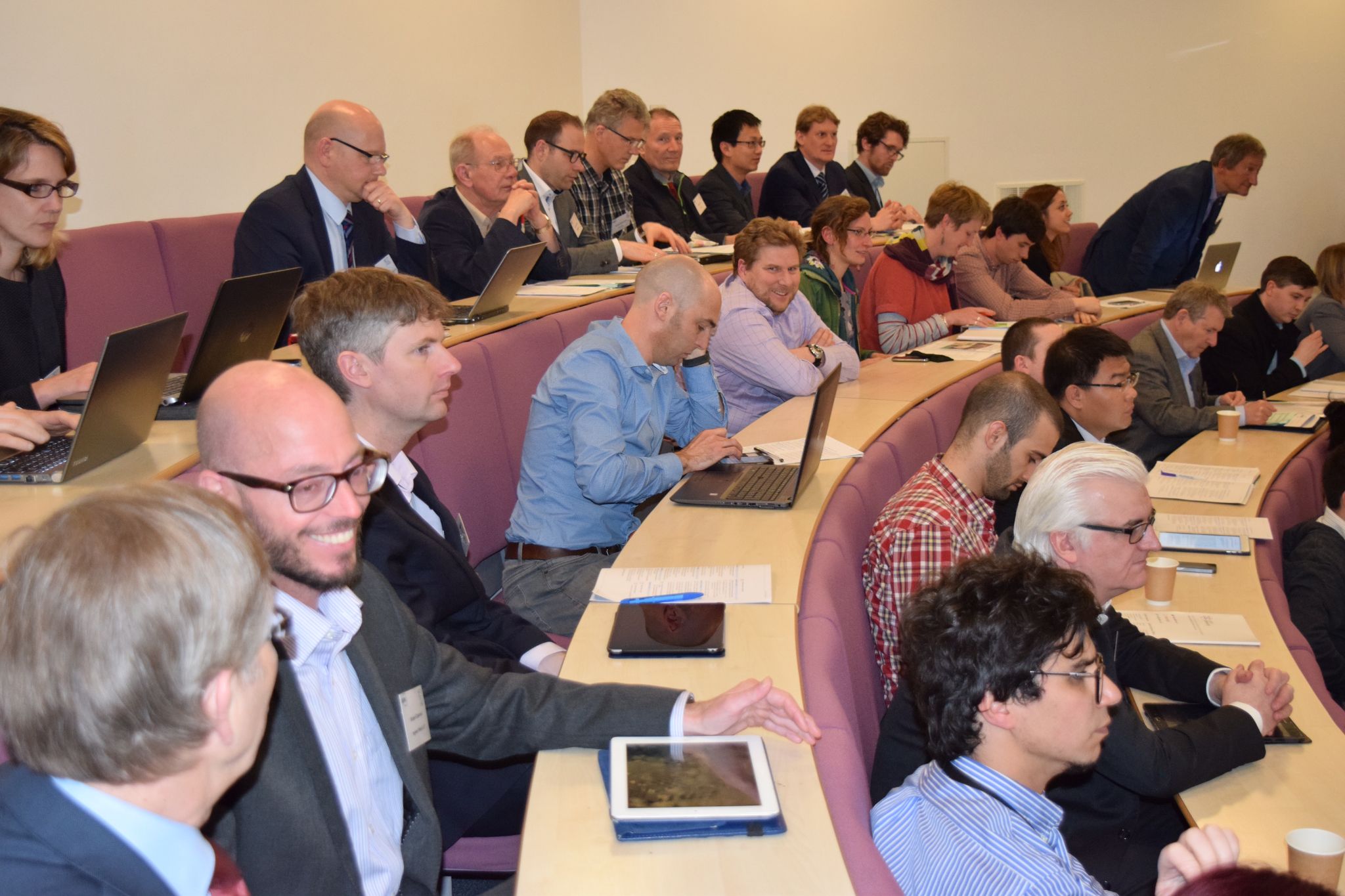The impact of climate change was the key issue of the 2017 CIBSE Technical Symposium’s first day, as discussion centred on the resilience of new and old buildings to future conditions.
Hosted by Loughborough University, the Chartered Institution of Building Services Engineers (CIBSE) presented over 50 industry-leading speakers who delivered a range of talks from case-studies to published academic papers on the theme “Delivering Resilient High Performance Buildings”.
In the the first presentation, Tim McGinn of Canadian design firm DIALOG, demonstrated the potential of innovative design to overcome environmental conditions in one of North America’s most extreme urban climates, Edmonton in Canada.
The Symposium then explored the types of resilience future buildings might need; including Ewan Jones of AECOM who argued that buildings would need to adapt to a decarbonised electricity grid; Stefan Vandaele of Daikin who demonstrated the impact of a changing urban heat environment on cooling requirements; and David Jenkins who argued for a future-proof approach to planning new energy systems around the needs of the national grid. Delegates also saw a case study on the Francis Crick Institute in London, which was shortlisted this week in the RIBA London Awards.
The second half of the day delivered further presentations on the monitoring and evaluation of building performance, and the opportunities and problems it presents. Shane Campbell of IES made the case for post-occupancy evaluation to fix bugs in the design model, while Sophia Flucker of Operational Intelligence demonstrated the differing ways of measuring data centre performance to address environmental impact as well as energy use.
The afternoon sessions were followed by a debate on whether or not there is a purpose in having a code of ethics for the built environment, as well as sessions drawing on international case studies from the Middle East and Africa.
John Field CEng FCIBSE, President of CIBSE, said: “With the impact of climate change already being felt around the world, the crucial decisions about how we adapt the way we live and work to meet new challenges are being made now. Through forums like the Technical Symposium some of the industry’s top experts can come together and share knowledge and best practice, to ensure buildings are future-proof and sustainable.
“Today’s talks were evidence that, while there is a lot of work to be done on the resilience of our built environment, there are many great and creative ideas out there as to how that can be done, and a commitment within the industry to tackle these problems now for the benefit of future generations.”


